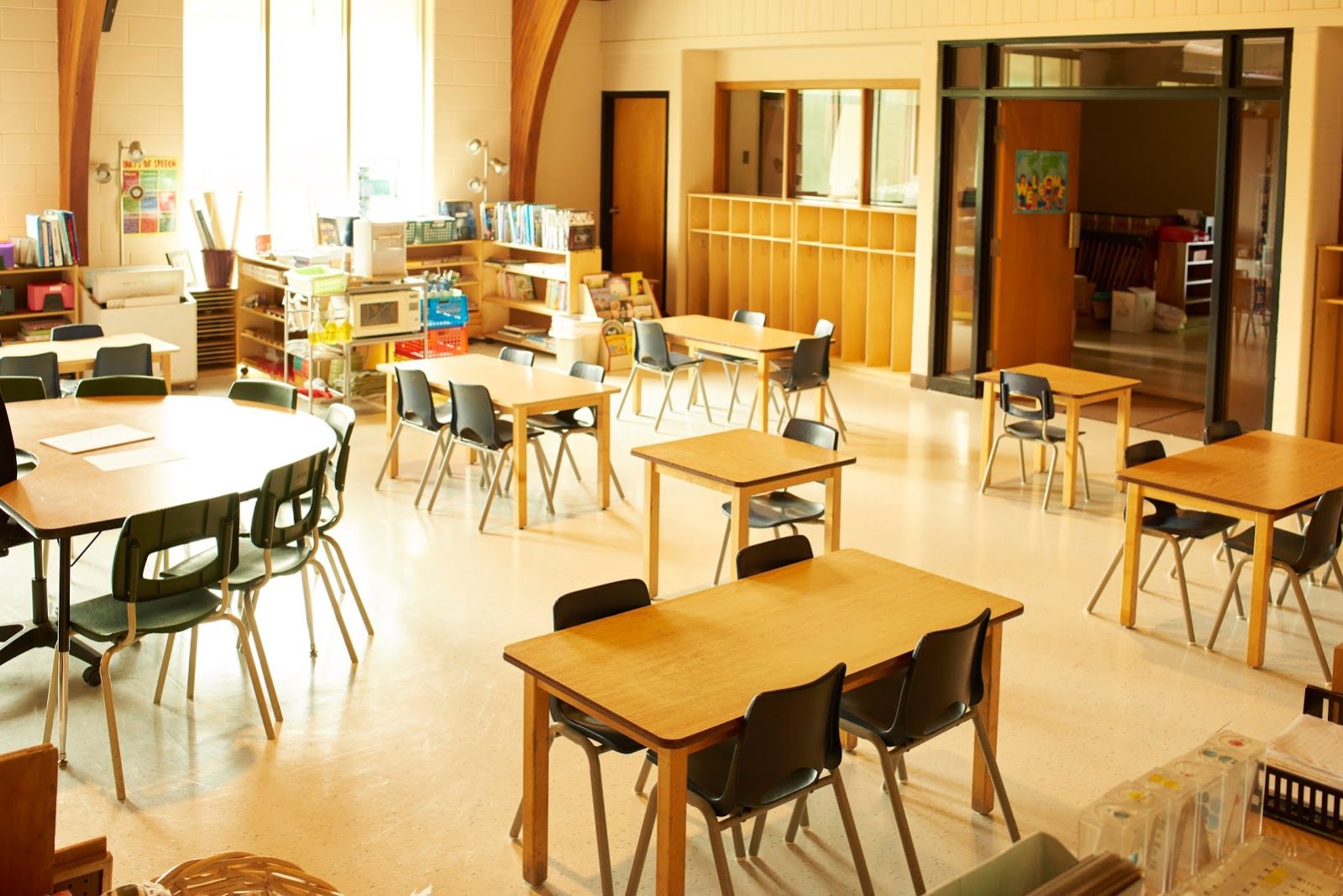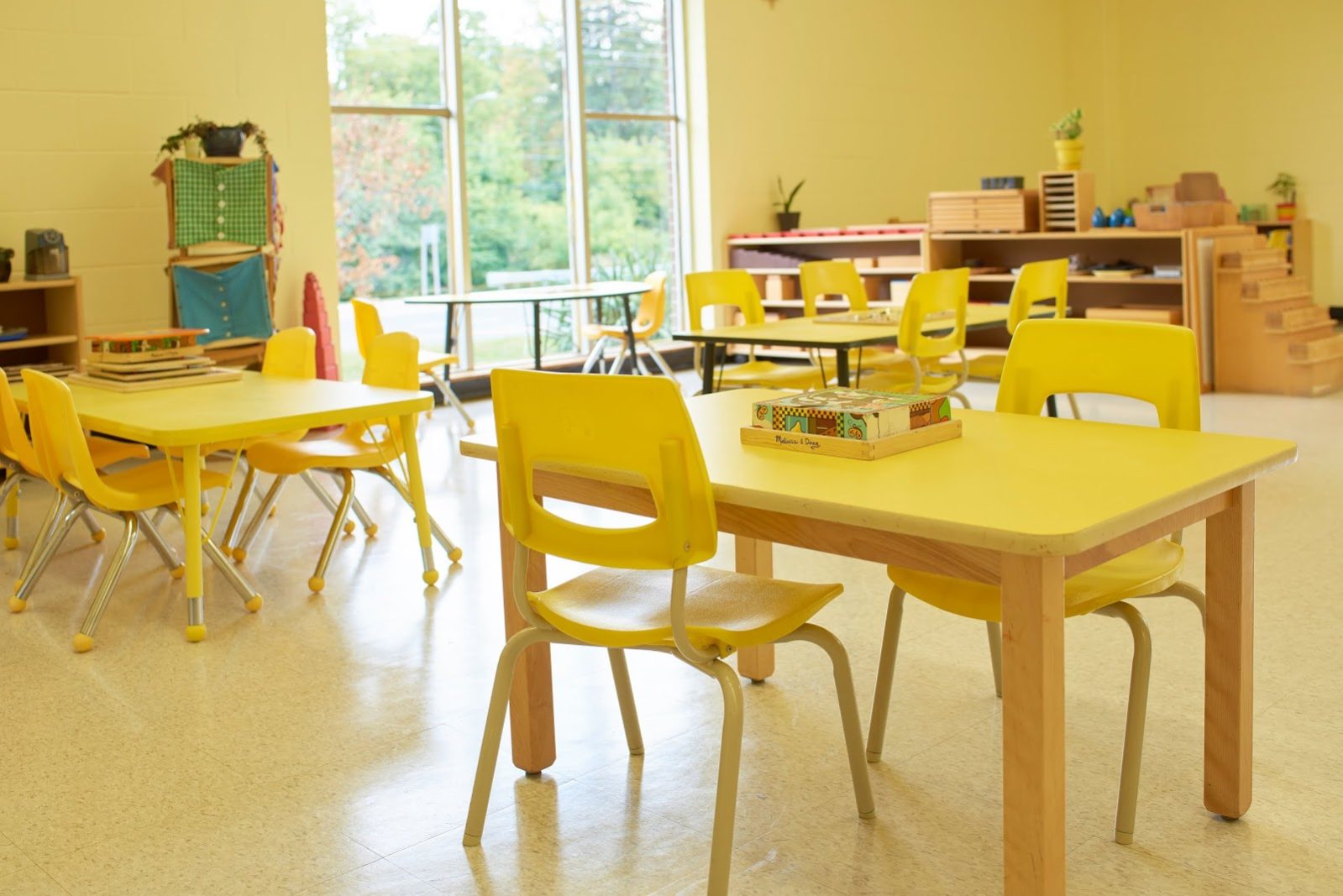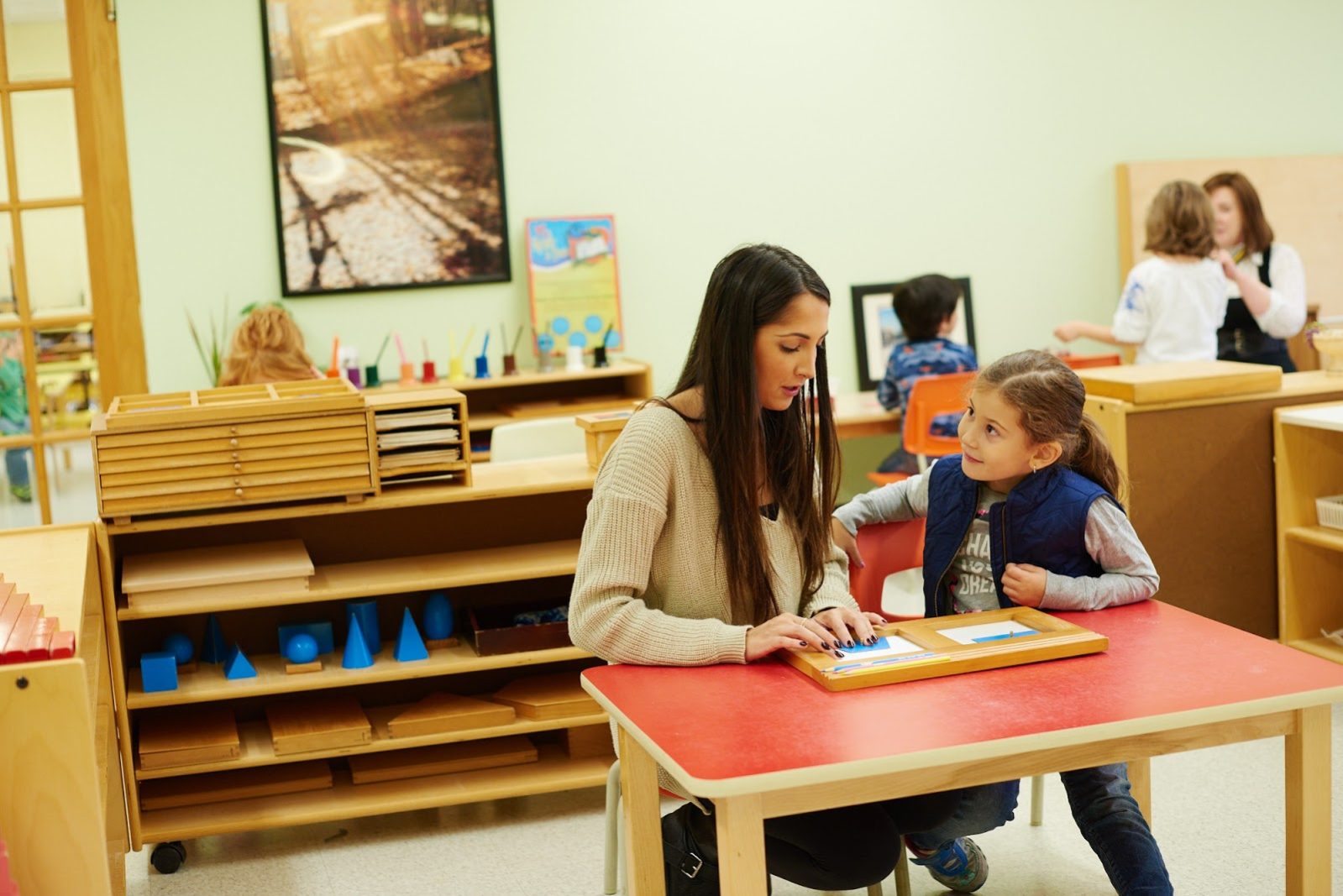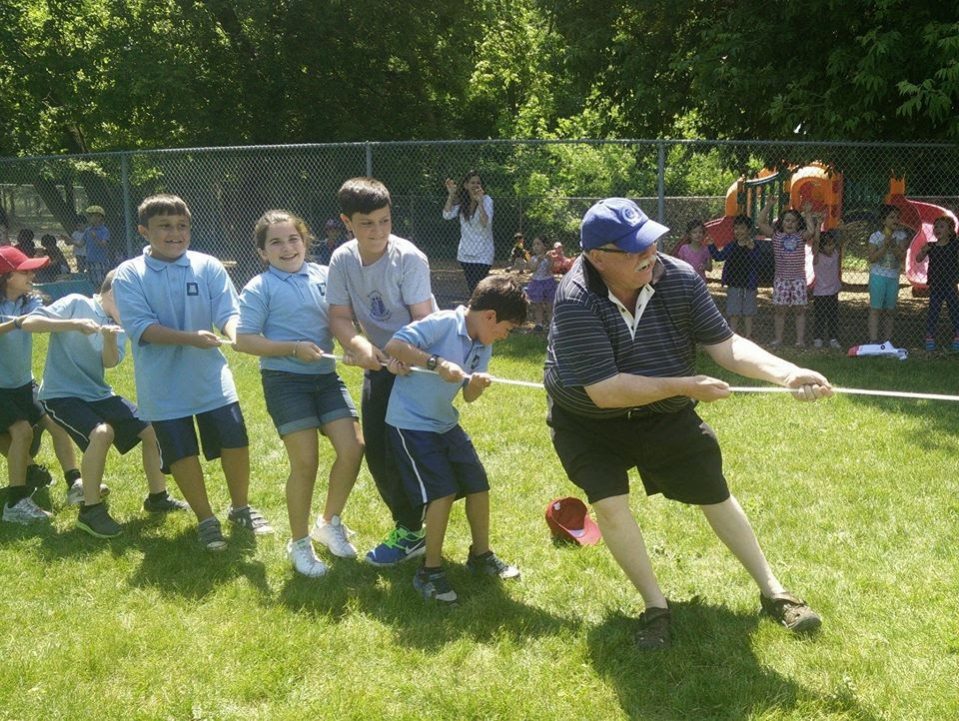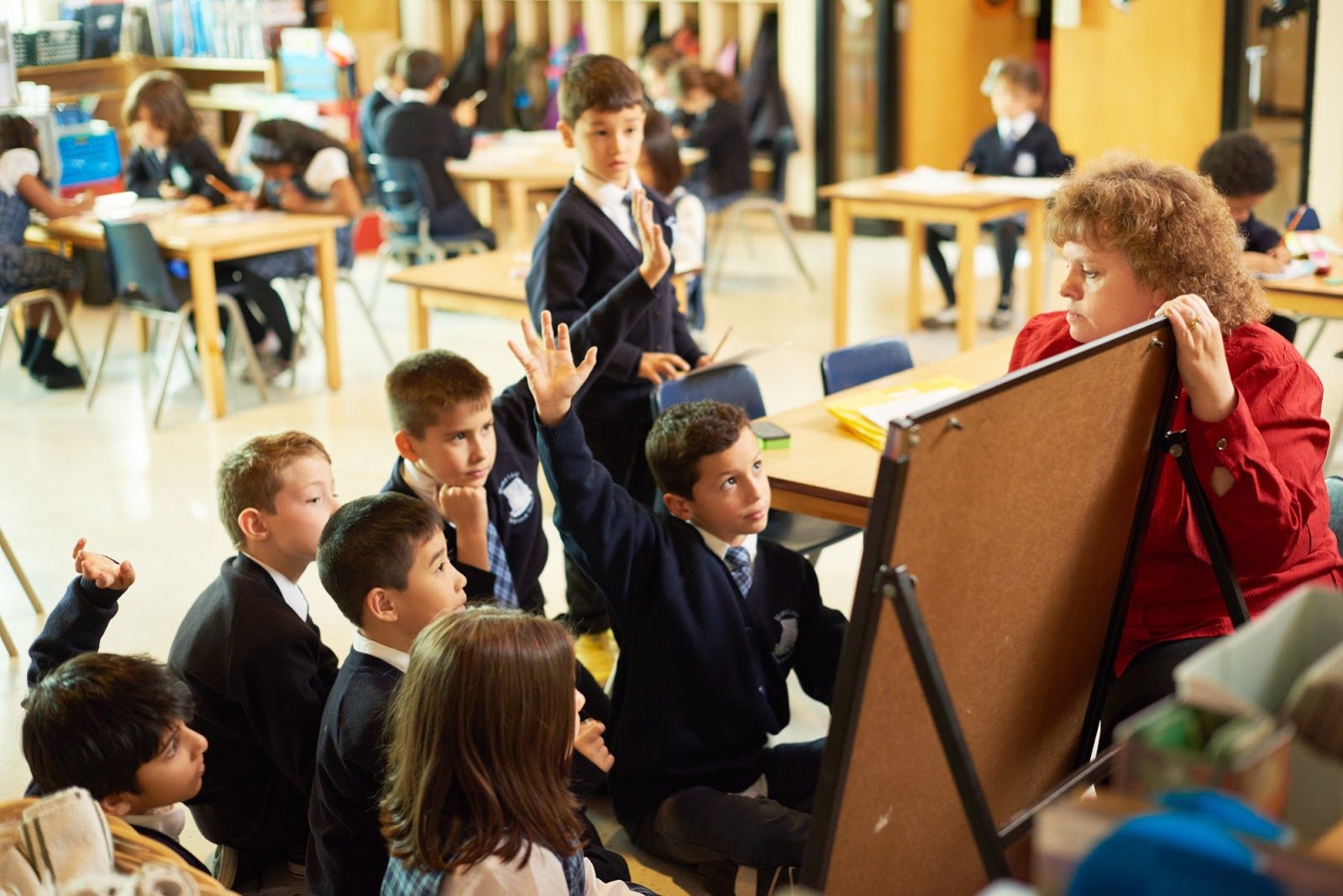Maria Montessori was influenced by many of her contemporaries in the fields of philosophy, science and medicine. She used her knowledge of the scientific method and her experience as a doctor to inform her studies in child development and education. She believed that the educational philosophy she developed belonged to the world and while she was encouraged to patent her name or brand, she refused to do so. At the turn of the 20th century, the Montessori movement grew because of its dedication to the betterment of the human condition- our children.
Montessori principles are based on the needs of the child at each stage of their development. Her philosophy is not about what is convenient for the parents, but what is necessary for the child. It is like looking at childhood as an investment with the returns coming in the distant future.
You may be a Montessori parent at this very moment and not know it! To clarify, there are basic principles that you live by which are shared in the Montessori philosophy. Creating an environment and having school policies which put the child first makes this possible; this is the mandate of M L Montessori.

